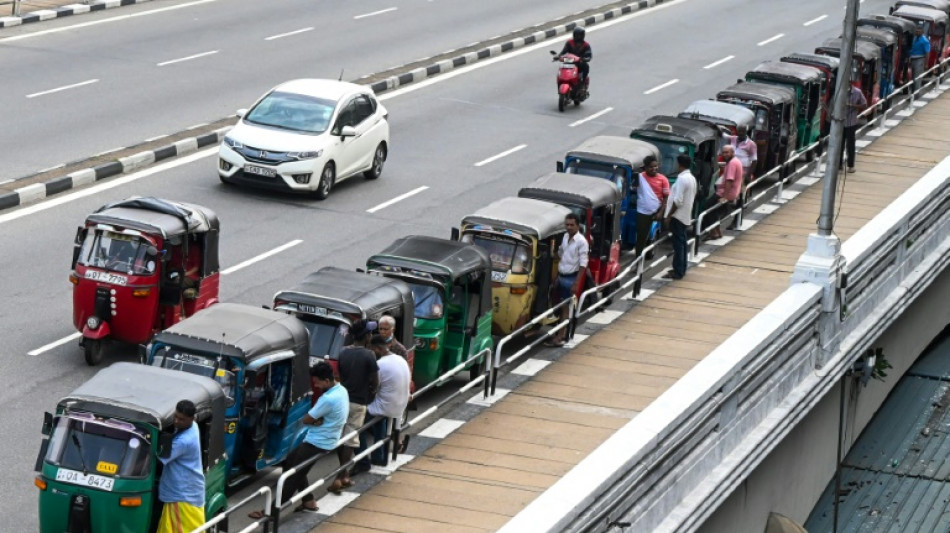
-
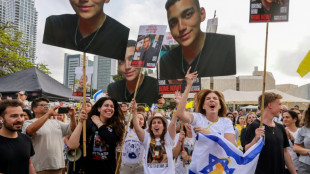 Celebrations as Hamas frees US-Israeli hostage
Celebrations as Hamas frees US-Israeli hostage
-
Kim Kardashian to testify in Paris multi-million-dollar robbery trial
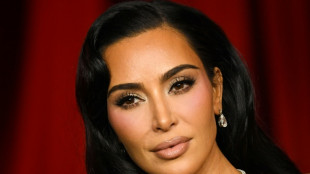
-
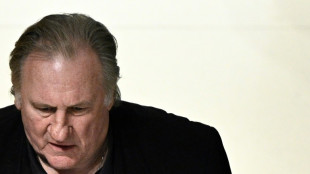 Verdict due in Depardieu sexual assault case
Verdict due in Depardieu sexual assault case
-
'Unlimited power': Testimony against Sean Combs tells of lurid violence
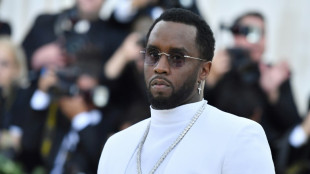
-
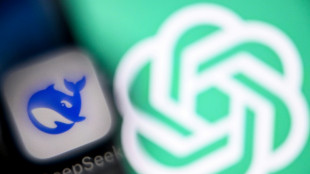 Inner workings of AI an enigma - even to its creators
Inner workings of AI an enigma - even to its creators
-
Air Force One: iconic jet gets the Trump treatment
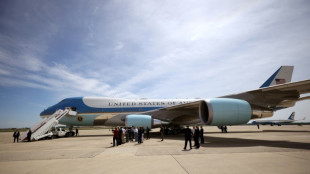
-
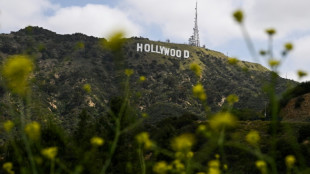 Hollywood studios and unions call on Trump to offer tax breaks
Hollywood studios and unions call on Trump to offer tax breaks
-
Forest striker Awoniyi rushed to hospital for abdominal surgery: reports
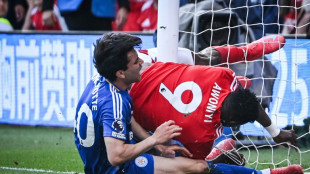
-
 Rain soaks first practice day at PGA Championship
Rain soaks first practice day at PGA Championship
-
Progressive influencer tells of detention at US airport

-
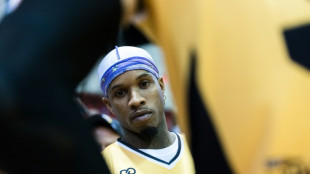 Rapper Tory Lanez attacked in US prison: authorities
Rapper Tory Lanez attacked in US prison: authorities
-
Trump announces drug price cut with swipe at Europe
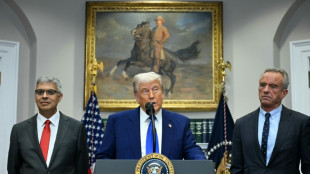
-
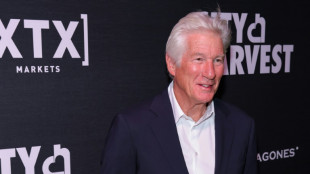 Hollywood stars condemn Gaza 'genocide' on eve of Cannes Festival
Hollywood stars condemn Gaza 'genocide' on eve of Cannes Festival
-
McIlroy looks to the future after post-Masters thrill ride
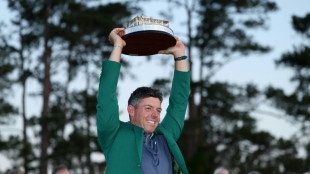
-
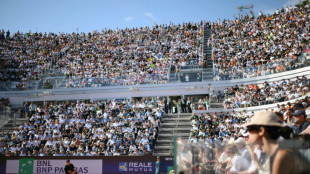 Sinner set for first Italian Open test, Sabalenka marches on
Sinner set for first Italian Open test, Sabalenka marches on
-
Son wants Europa glory to 'complete' Spurs career
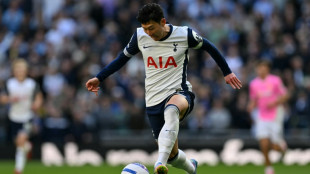
-
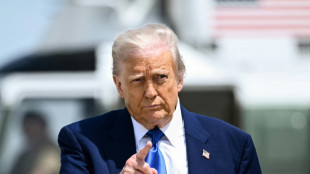 First group of white South Africans arrive in US for resettlement
First group of white South Africans arrive in US for resettlement
-
Trump mulls joining Ukraine talks in Turkey, Kremlin silent on Putin
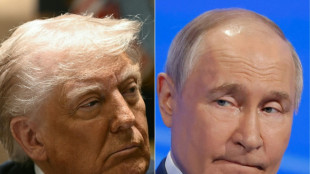
-
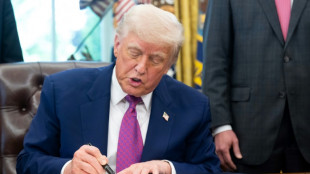 US, China agree to slash tariffs as Trump says will speak to Xi
US, China agree to slash tariffs as Trump says will speak to Xi
-
Spanish rider Landa returns home for 'long recovery' after Giro crash
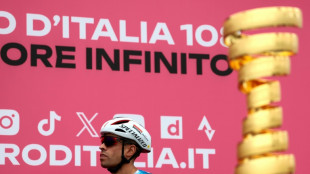
-
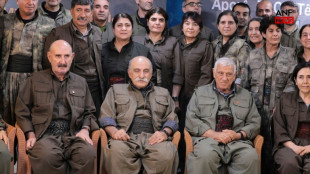 Kurdish militant group PKK ends decades of armed struggle
Kurdish militant group PKK ends decades of armed struggle
-
Trump says would be 'stupid' to reject Qatari Air Force One gift
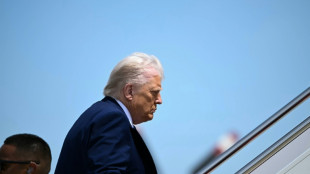
-
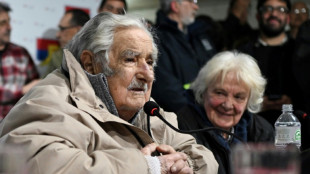 Uruguay's ex-president Mujica receiving palliative care: wife
Uruguay's ex-president Mujica receiving palliative care: wife
-
Remainder of IPL to be held between May 17-June 3 after ceasefire
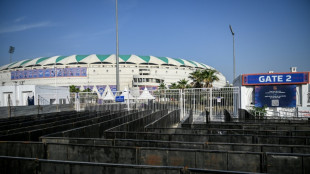
-
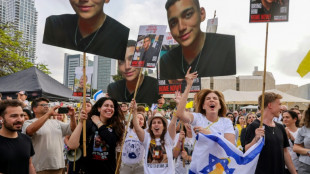 Hamas frees US-Israeli hostage
Hamas frees US-Israeli hostage
-
Trump defends resettling white South Africans as refugees in US
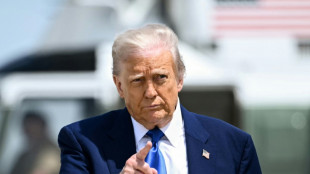
-
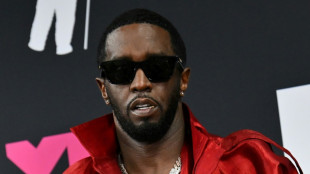 Sean 'Diddy' Combs was 'coercive and criminal,' jury hears
Sean 'Diddy' Combs was 'coercive and criminal,' jury hears
-
Nazi files found in champagne crates in Argentine court basement
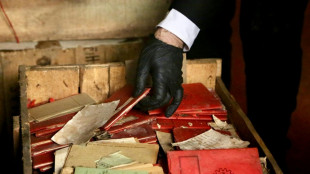
-
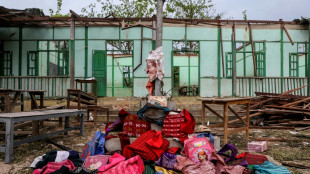 Myanmar junta airstrike kills 22 at school: witnesses
Myanmar junta airstrike kills 22 at school: witnesses
-
Zelensky wants Trump at peace talks, Russia silent on whether Putin will go
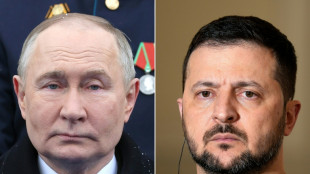
-
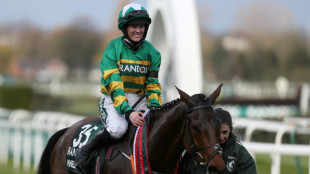 Ground-breaking Grand National winner Blackmore retires
Ground-breaking Grand National winner Blackmore retires
-
Trump heads on major Middle East tour
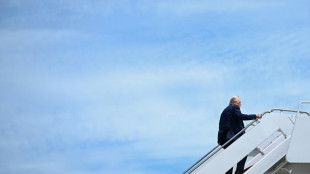
-
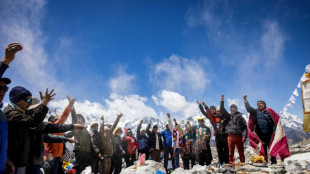 Nepal holds tribute for disappearing glacier
Nepal holds tribute for disappearing glacier
-
Sinner eases into Italian Open last 16, Osaka dumped out
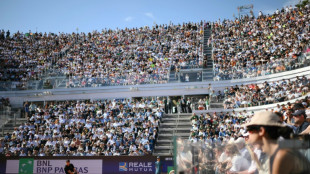
-
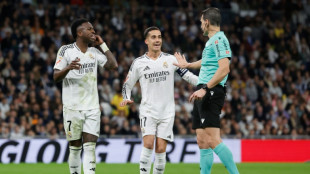 Real Madrid duo Vinicius, Vazquez injured
Real Madrid duo Vinicius, Vazquez injured
-
Indian PM Modi vows strong response to any future 'terrorist attack'
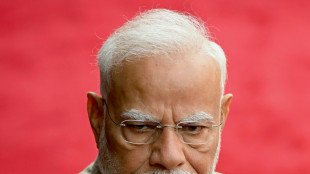
-
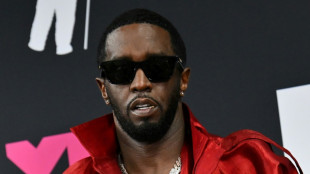 Opening statements start in Sean 'Diddy' Combs trial
Opening statements start in Sean 'Diddy' Combs trial
-
Snow cover of Swiss glaciers below average this year: study
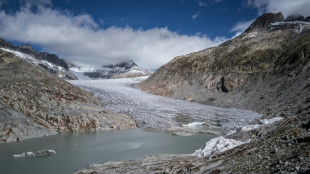
-
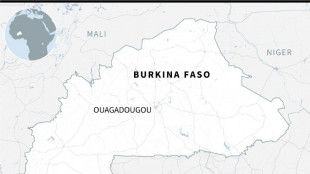 Jihadist attack kills 'several dozen' in Burkina Faso
Jihadist attack kills 'several dozen' in Burkina Faso
-
Ancelotti to leave Real Madrid for Brazil job
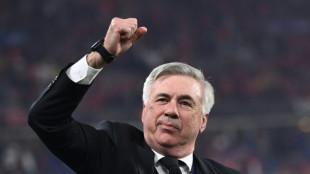
-
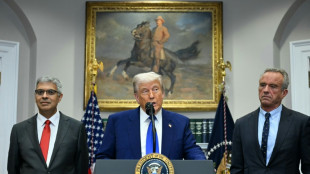 Trump announces drug prices cut with swipe at Europe
Trump announces drug prices cut with swipe at Europe
-
Ancelotti exits Madrid, hoping to add World Cup with Brazil
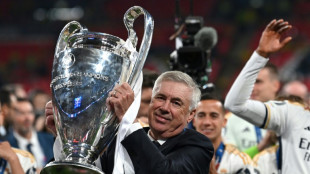
-
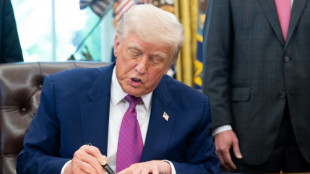 US, China agree to slash tariffs as Trump says to speak with Xi soon
US, China agree to slash tariffs as Trump says to speak with Xi soon
-
Ancelotti to take over as Brazil coach
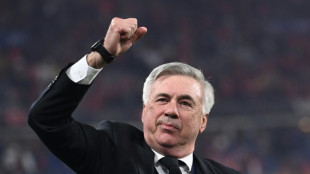
-
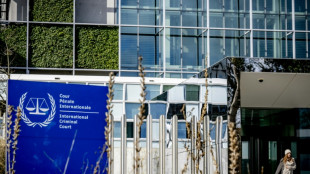 Israel urges ICC to drop arrest warrants against PM
Israel urges ICC to drop arrest warrants against PM
-
Poland to close Russian consulate in Krakow over 'sabotage'
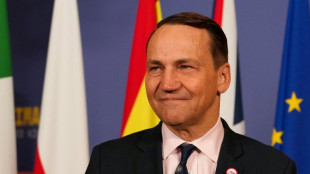
-
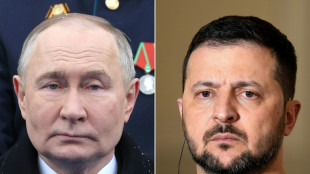 Kremlin rejects Europe's 'ultimatums' for truce with Ukraine
Kremlin rejects Europe's 'ultimatums' for truce with Ukraine
-
Ireland rugby captain Doris ruled out for up to six months
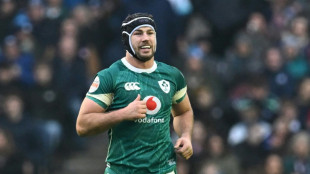
-
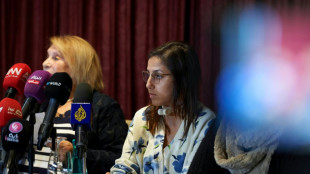 Algerian attack survivor vows to be heard in court battle with award-winning author
Algerian attack survivor vows to be heard in court battle with award-winning author
-
Europa League glory could be 'turning point' for Spurs: Postecoglou
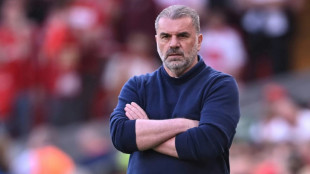

How Sri Lanka's economy went into a tailspin
Sri Lanka is suffering its worst economic crisis since its independence from Britain in 1948.
Months of lengthy blackouts and acute shortages of food, fuel and medicines have infuriated the public, with huge protests demanding the government's resignation turning violent this week.
AFP reviews the origins of the snowballing economic calamity in the South Asian island nation:
- White elephants -
Sri Lanka has spent big on questionable infrastructure projects backed by Chinese loans that added to its already unsustainable debt.
In southern Hambantota district, a massive deep-sea port haemorrhaged money from the moment it began operations, losing $300 million in six years.
Nearby are other Chinese-backed extravagances: a huge conference centre, largely unused since it opened, and a $200 million airport that at one point was unable to earn enough money to pay its electricity bill.
The projects were pushed by the powerful Rajapaksa family, which has dominated Sri Lanka's politics for much of the past two decades.
- Unsustainable tax cuts -
President Mahinda Rajapaksa was voted out of office in 2015 partly due to a backlash against his government's infrastructure drive, which was mired in graft claims.
His younger brother Gotabaya succeeded him four years later, promising economic relief and tough action on terrorism after the island's deadly 2019 Easter Sunday attacks.
Days after taking office, Gotabaya appointed Mahinda prime minister and unveiled the biggest tax cuts in Sri Lanka's history, worsening chronic budget deficits.
Ratings agencies soon downgraded the country out of concern that the public debt was spiralling out of control, making it harder for the government to secure new loans.
- Pandemic hit -
The tax cuts were spectacularly ill-timed: just a few months later, the coronavirus began spreading around the world.
International tourist arrivals dropped to zero and remittances from Sri Lankans working abroad dried up -- two economic pillars the government relied upon to service its debt.
Without these sources of overseas cash, the Rajapaksa administration began using its stockpiles of foreign exchange to make loan repayments.
- Fertiliser ban -
Sri Lanka was soon burning through its foreign reserves at an alarming rate, prompting authorities in 2021 to ban several imports including -- critically -- fertiliser and agricultural chemicals farmers need to grow their crops.
The government sold this policy as part of an effort for Sri Lanka to become the world's first completely organic farming nation, but its effects were disastrous.
As much as a third of the country's agricultural fields were left fallow by farmers and the resulting drop in yields hit the production of tea -- a vital export earner.
The policy was eventually abandoned at the end of 2021 after protests from agricultural workers and skyrocketing food prices.
- Shortages and blackouts -
By late 2021, Sri Lanka's reserves had shrunk to $2.7 billion, down from $7.5 billion when Rajapaksa took office two years earlier.
Traders began struggling to source foreign currency to buy imported goods.
Food staples such as rice, lentils, sugar and milk powder began disappearing from shelves, forcing supermarkets to ration them.
Then gas stations started running out of petrol and kerosene, and utilities could not purchase enough oil to meet the demand for electricity.
Long queues now form each day around the country by people waiting hours to buy scant supplies of fuel, while blackouts keep much of the capital Colombo in darkness each night.
- Debt and default -
President Rajapaksa appointed a new central bank chief in April, who soon announced that Sri Lanka would default on its $51 billion foreign debt to save money for essential imports.
The move failed to shore up Sri Lanka's deteriorating finances, and it only had around $50 million in useable foreign exchange at the start of May.
The country is now in negotiations for an International Monetary Fund bailout.
Mahinda Rajapaksa, the prime minister, resigned on Monday in an effort to placate the public after weeks of protests over government mismanagement.
But central bank chief Nandalal Weerasinghe said Wednesday that unless a new administration took charge soon, the country was facing an imminent economic collapse.
"No one will be able to save Sri Lanka at that stage," he said.
M.A.Colin--AMWN